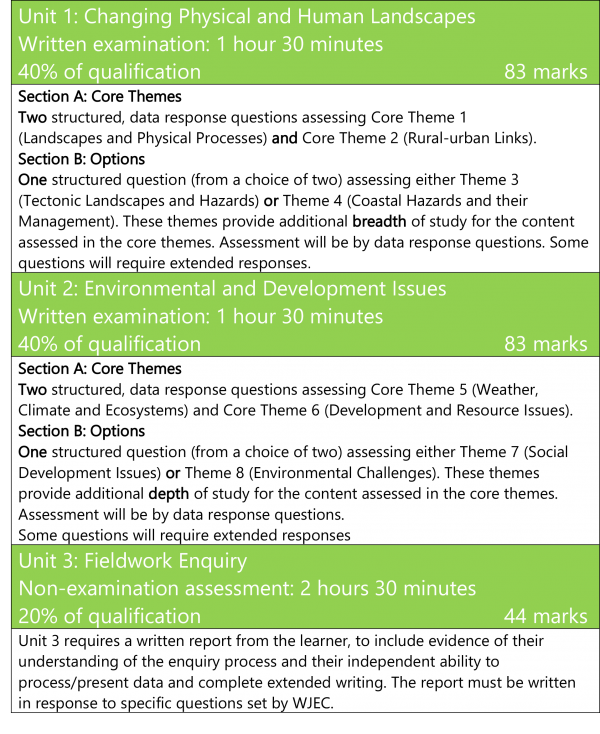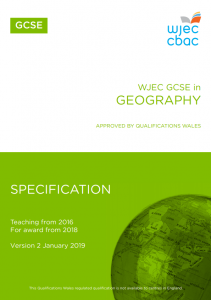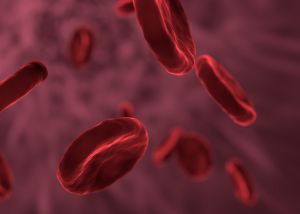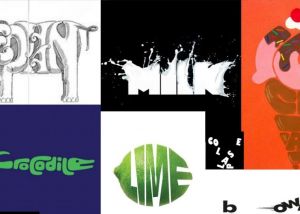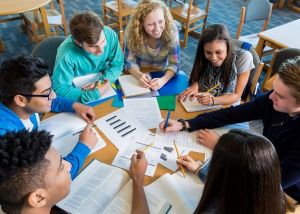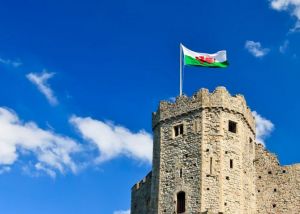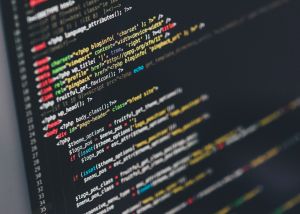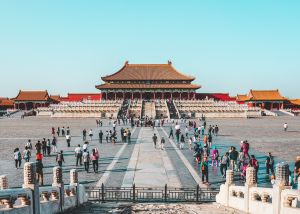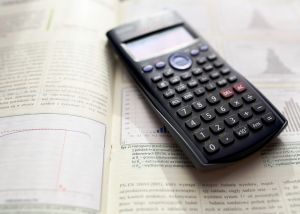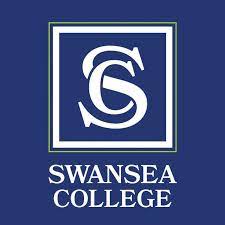Project Description
GCSE Geography Course
Exam board: WJEC
Exam code: 3110QS
What is Geography?
Geography is a dynamic and relevant subject for all young people. They will learn about their place in the world and the responsibilities to the environment and the sustainability of the planet as well as to other people. Change is a key theme in Geography. Geography is about examining physical and human processes, monitoring change, identifying consequences and suggesting how best to manage new situations. Its unique strength is its focus on places and often complex processes that form and change locations.
Geographers have a particularly broad interest in the perceptions of a huge range of different players in changing situations. The geographical skills that students learn along the way equip them with a broad range of personal learning and thinking skills such as team work, independent enquiry and creative thinking- all highly valued by employers and universities. Students are encouraged to read the broad sheets and keep up to date with current affairs and world events.
Which subjects combine with Geography?
It is a subject that at GCSE incorporates aspects of Economics so will prepare students for this subject at A level as well as Geography A level. The subject also has strong cross-curricular relationships with other subjects including the Sciences, Business Studies, Economics and Citizenship.
Curriculum
WJEC GCSE Geography adopts an enquiry approach to the study of geographical information, issues and concepts. It is based on the principle that geographical
education should enable learners to become critical and reflective thinkers by engaging them actively in the enquiry process.
Should enable learners to develop the ability to think ‘like a geographer’ if they are given opportunities to:
- think creatively, for example, by posing questions that relate to geographical
processes and concepts that include questioning about spatial pattern and
geographical change - think scientifically by collecting and recording appropriate evidence from a range
of sources, including fieldwork, before critically assessing the validity of this
evidence and synthesising their findings to reach evidenced conclusions that
relate to the initial aim of their enquiry - think independently by applying geographical knowledge, understanding, skills
and approaches appropriately and creatively to real world contexts. In so doing
they should appreciate that geography can be ‘messy’ i.e. that real geography
does not always match typical or predicted outcomes.
Assessment
This linear qualification will be available in May/June each year
Exam Access Arrangements
Exam access arrangements allow candidates/learners with special educational needs, disabilities or temporary injuries to access the assessment without changing the demands of the assessment. For example, readers, scribes and Braille question papers. In this way, Awarding Bodies will comply with the duty of the Equality Act 2010 to make ‘reasonable adjustments’.
We can arrange access arrangements and assess you with our special assessor. The deadline for application to the exam board is the February of the year the learner sits exams.
To find out more about exam access arrangements click here
FAQs
SWANSEA COLLEGE GCSE COURSES
Have a question? Ask our virtual assistant on live chat below
or call us on 01792 535000 and speak to our experienced Student Adviser.

